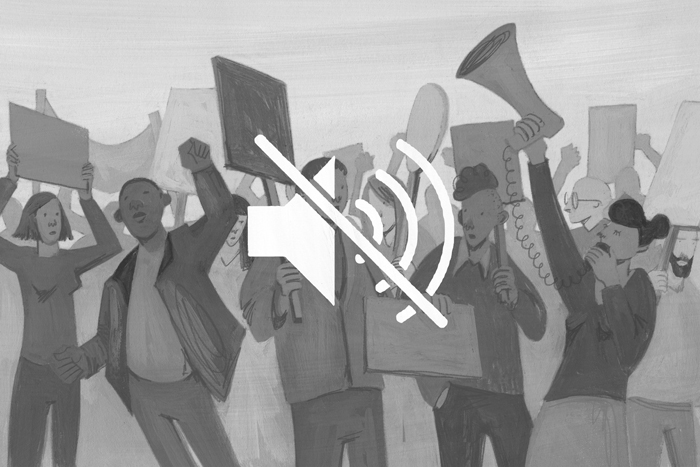The Harper Decade and the Loss of Civility and Democracy in Canadian Politics and Governance
Steve Patten is a Professor of Political Science at the University of Alberta. His research focuses on contemporary Canadian politics, with a specific emphasis on the party system, partisan conservatism, and theoretical perspectives on policymaking and democracy.
Over the past decade, Stephen Harper has advanced a decidedly conservative policy agenda and engaged in a conscious effort to redefine how Canadians understand their country and its place in the world. His goal has been to transform Canada into a polity defined by a substantially more conservative political culture. But, another important aspect of the Harper legacy is rooted in the way his approach to the processes of politics and governance has altered the character of public life. More specifically, Stephen Harper has made Canadian politics less civil and democratic through his embrace of what political scientists call the “new political governance,” the “permanent campaign,” and “wedge politics.”
The term “new political governance” refers to the ways in which Stephen Harper has extended and transformed the Canadian tradition of centralized executive governance by concentrating even more power in the PMO and Privy Council Office, enhancing the power of partisan political staff, politicizing the appointment and workings of the senior public service, discouraging independent thought, and limiting the influence of objective scientific analysis and public debate in policy making. Long-term observers of Canadian politics will know that the trend toward enhancing the power of the Prime Minister and his central agencies began under Pierre Trudeau, and has worsened under each successive PM. Jean Chrétien was criticized for concentrating power and “governing from the centre.” Stephen Harper has gone even further. He tightly controls the activities and public pronouncements of his cabinet and caucus. His team has centralized the management of government and party communications, and done so in a manner that sometimes blurs the partisan purposes of party communications and the public purposes of government communications. Harper has also encouraged – even demanded – a form of public service loyalty that verges on being partisan. In all these ways, executive governance under Stephen Harper has politicized as well as centralized power in the processes of governance. To the extent that these developments are normalized and institutionalized, Canadian government will be less open, dynamic, and democratic than it should be.
The Harper Conservative’s approach to governing has also been shaped by the rise of the “permanent campaign,” which, for parties and governments, is a hyper-partisan state of being in which the strategies and tactics of elections are employed in the structuring and management of parliamentary and government business as much as in political organizing and party fundraising. Both politics and governance tend to be more divisive and partisan in the context of the permanent campaign. And Stephen Harper has pushed divisive politics to its extreme by embracing “wedge politics,” which is an approach to tackling political and policy issues that is purposefully divisive and polarizing. The goal is to galvanize core party supporters who can be counted on for fundraising and electoral support while demonizing opponents. The Harper Conservative’s recent efforts to solidify support for the anti-terrorism measures of Bill C-51 and the government’s “life means life” sentencing legislation by playing on the politics of fear and suggesting oppositions parties are soft on crime and terrorism are textbook examples of wedge politics. By embracing this divisive and hyper-partisan approach to politics, the Harper Conservatives are rejecting the traditions of big-tent inclusive politics and focusing, instead, on building a minimum winning coalition of supporters that, in the context of declining voter turnout, is enough to maintain power. It is a risky strategy. But, when combined with effective message control and the cutting edge tools of voter identification and targeting, it could be the key to another Conservative campaign victory. Unfortunately, the rise of the permanent campaign and Harper’s use of wedge politics are having a negative impact on the character and practice of politics in Canada.
Together with the new political governance, these developments challenge civility and democracy; they have made Canadian politics more partisan and divisive, and less democratic.
